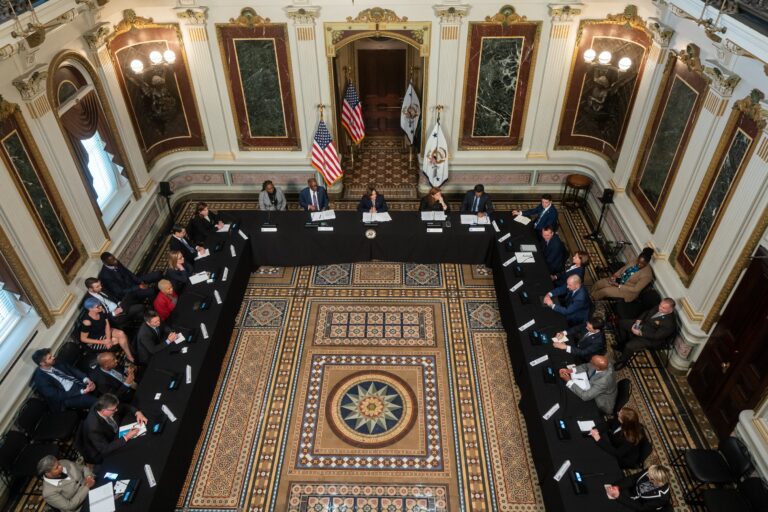White House Proposal for Space Mission Authorization
Yaswant Devarakonda American Astronomical Society (AAS)
Under Article VI of the Outer Space Treaty, governments are required to authorize and supervise the space activities of nongovernment entities. Regulatory authority in the US is currently split between various federal agencies, but sizable gaps in authority remain. The need for more comprehensive legislation on commercial space authorization and regulation has been a focus of multiple administrations: the Obama Administration created a plan for the Department of Transportation (DoT) to be the primary authority and the Trump Administration attempted to shift that authority to the Department of Commerce (DoC). The House of Representatives is currently debating a bill that would make the Secretary of Commerce the primary authority figure, which you can read about in our blog post.
The Biden Administration has recently released their own draft language on commercial space authorization. The National Space Council, which is chaired by Vice President Harris, has been meeting with federal agencies and stakeholders from the commercial sector and science community to develop this plan, which would split regulatory authority between the DoT and the DoC.

The DoT currently has authority on launch and reentry activities; however, its authority does not extend to activities in space. Its ability to regulate the safety of humans during launch and reentry is also limited by Congress, which has forbidden the Federal Aviation Administration from putting any regulations in place to give the industry time to learn and mature. This moratorium on human spaceflight regulation has been in place since 2004 and was originally set to expire in 2012, but has since been extended multiple times. It is currently set to expire on 1 January 2024. Under the White House proposal, the DoT would extend its authority on human spaceflight to include all crewed space activities. The DoT would also regulate transportation-related space activities, such as delivering fuel and cargo to space stations or lunar bases.
The DoC, meanwhile, currently licenses commercial remote sensing satellites through the National Oceanic and Atmospheric Administration. Under the proposal, the DoC would regulate space activities not covered by the DoT, such as in-space assembly and manufacturing or active debris removal. As part of their current responsibilities, the DoC is in charge of commercial space situational awareness and is developing the Traffic Management System for Space, or TraCSS. This system would track all civil and commercial space objects (including debris) and provide alerts for potential collisions. At the moment the DoC does not have the power to regulate space traffic, it can simply provide guidance to commercial operators. However, the White House proposal would give them the authority to manage space traffic.
The Federal Communications Commission would continue to have authority over telecommunications activities under this plan, which would allow them to continue efforts such as the coordination agreements between NSF and satellite constellation operators to mitigate impacts on astronomy. Both the DoT and the DoC would also be able to provide regulations to protect astronomy. The proposal states that the agencies may add regulations for issues of national interest, which the accompanying report describes as “... US interests other than national security and foreign policy interests … particularly those associated with the US civil space program (those of the National Aeronautics and Space Administration (NASA), the National Oceanic and Atmospheric Administration, and the United States Geological Survey). This would include planetary protection and the protection of lunar heritage sites, scientific satellites, and the de-confliction with NASA’s Artemis program.” These agencies would also be charged with creating regulations to minimize space debris and promote the sustainable use of outer space.
At the end of the day, this proposal is simply a suggestion. It is the responsibility of Congress to write and pass any legislation on commercial space regulation. The House has already released their draft for a Commercial Space Act, and the Senate is developing their own language that will likely be released in the coming weeks. This proposal does provide significant guidance to Congress on what the White House is looking for in potential legislation, which will need the signature of the president to become law.

